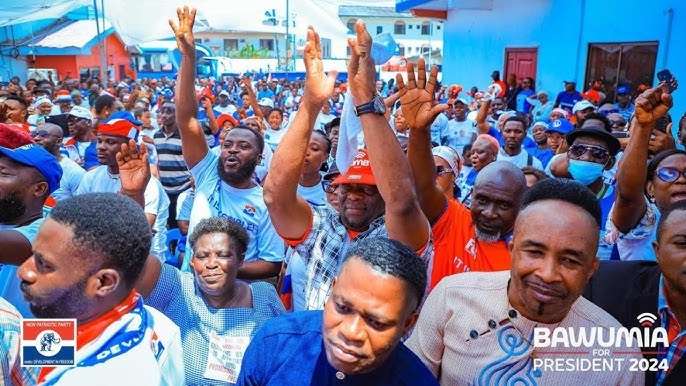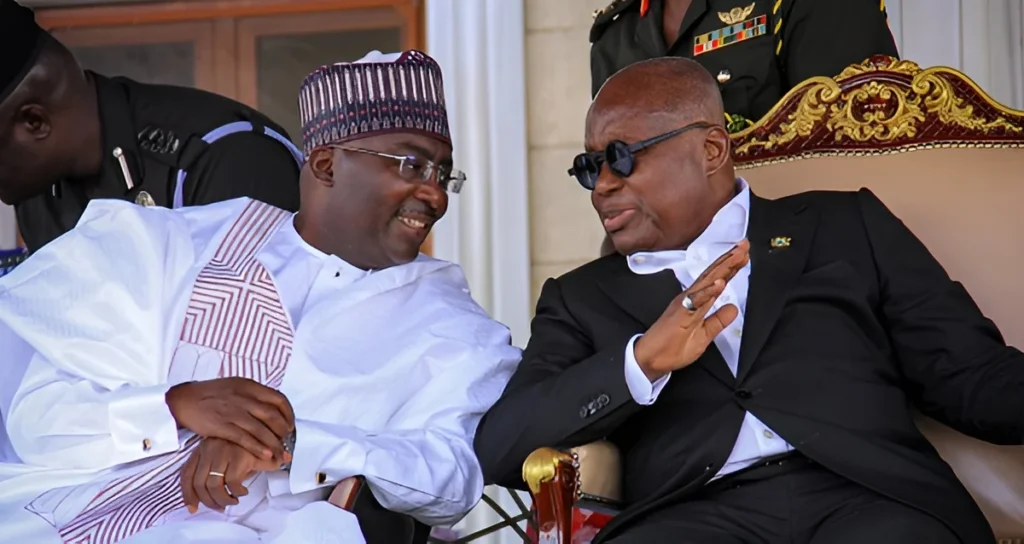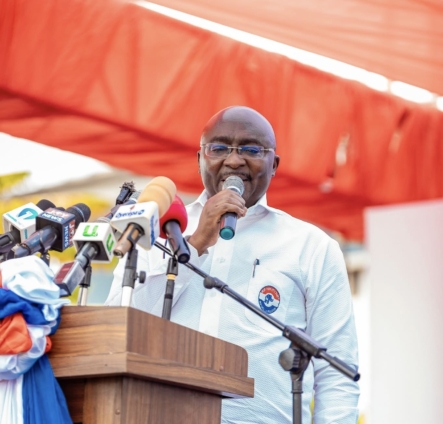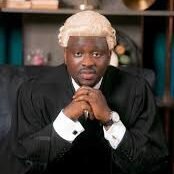Political activist and lawyer Oliver Barker-Vormawor has expressed deep reservations about the leadership potential of Dr. Mahamudu Bawumia, while also acknowledging the symbolic importance of his rise as Ghana’s potential first openly Muslim president.
Considering the wider symbolic value of political milestones, Barker-Vormawor acknowledged that electing Ghana’s first openly Muslim president carries meaningful significance.
He equated this moment to the historic achievement of choosing the nation’s first female vice president and expressed his anticipation for the eventual rise of a female president.
“Back to Bawumia, I say openly muslim because Hilla Limann took an ethical position never to say what his religion was. So even though some say he was the first muslim President, he himself never claimed it.
“So I find it obnoxious then, those who oppose Bawumia, for his religion. That’s uncultured. The same bigots told us Ghana is not ready for a President from the North.”
Oliver Barker-Vormawor
To him, these arguments are attempts to cover underlying biases. “By whatever metric they judge readiness, I hear only attempts to mask their own narrow mindedness.”
However, Barker-Vormawor’s reservations regarding the former Vice President extend well beyond matters of religion or regional identity.
His core concern centers on Bawumia’s track record within the previous NPP administration, where he perceives a pattern of passivity and silence in the face of the country’s growing challenges.
To him, the former Vice President’s failure to speak out or intervene as national leadership deteriorated under former President Nana Akufo-Addo represents not just political miscalculation but a profound lapse in moral responsibility.
In Barker-Vormawor’s assessment, such inaction significantly weakens Bawumia’s standing as a potential leader. He views this silence not as a political strategy but as evidence of compromised integrity and a lack of strength in character.
From this perspective, any claim to credible leadership is undermined by what he sees as Bawumia’s unwillingness to confront governance failures.

For Barker-Vormawor, trust cannot be extended to a figure who, when given the opportunity to act, chose instead to remain in the background.
His criticism sharpened as he assessed Bawumia’s leadership persona. “I see a talker without the charisma. Nothing convinces he can command respect, or has fortitude to make tough decisions as a leader.”
He argued that Bawumia lacks connection with ordinary Ghanaians, adding, “I don’t see in him someone that inspires faith, principles nor trust.”
Bawumia’s Practical Understanding Criticized
Oliver Barker-Vormawor further raised doubts about Dr. Bawumia’s grasp of everyday challenges faced by ordinary citizens.
He argued that the vice president appears disconnected from the realities of working-class life, lacking both the practical insight and grounded perspective necessary for effective leadership.
In his view, Bawumia’s public addresses tend to focus heavily on abstract theories and technical concepts, rather than offering clear, actionable solutions that address pressing national concerns.

For Barker-Vormawor, this reliance on academic and theoretical rhetoric highlights a deeper problem: an absence of vision and relatable values.
He sees Bawumia as someone more comfortable discussing formulas than articulating a unifying national direction, leaving fundamental questions about his leadership approach unanswered.
“I may be wrong, but Bawumia does not do anything for my sense of justice. But then again, I was wrong on Nana Addo, i thought he had all the above. So, who knows tomorrow?”
Oliver Barker-Vormawor
His statements highlight an internal conflict: while he recognizes the symbolic and historic nature of Bawumia’s rise, his confidence in the former vice president’s leadership capabilities remains fragile.
His disappointment with the erstwhile Akufo-Addo/Bawumia administration fuels his wariness about Bawumia’s potential presidency.

Barker-Vormawor’s comments also feed into a broader national debate about the intersection of religion, regional identity, and leadership qualifications.
He celebrated Ghana’s progress in embracing diverse leaders yet maintained that merit and practical governance must remain the top criteria for electing presidents.
Ultimately, Barker-Vormawor’s perspective offers a layered critique: support for representation and identity milestones but insistence on competence and integrity as the deciding factors for national leadership.
His call for accountability in leadership resonates with citizens who feel betrayed by previous administrations, making his reflections part of a wider public discourse.
With the political future uncertain, Barker-Vormawor’s concluding question lingers as Ghana contemplates its next leader: “Who knows tomorrow?”






















